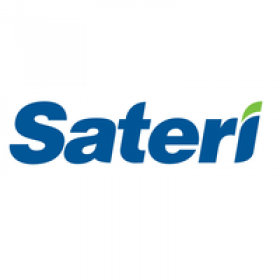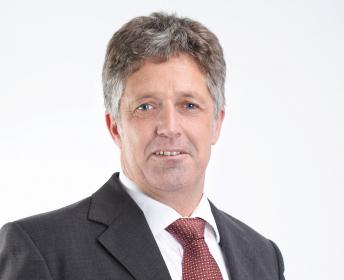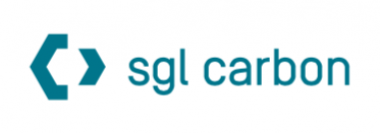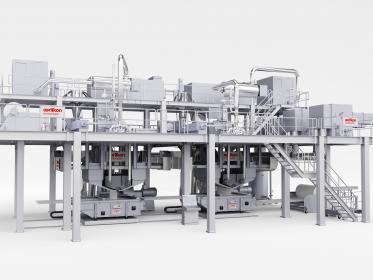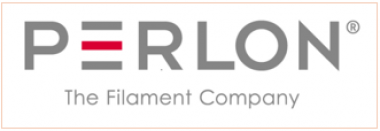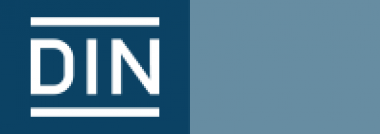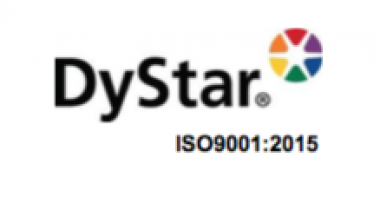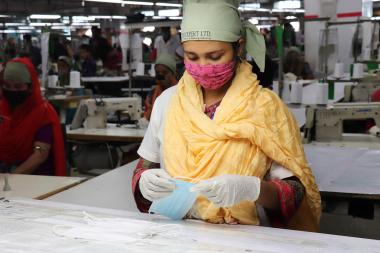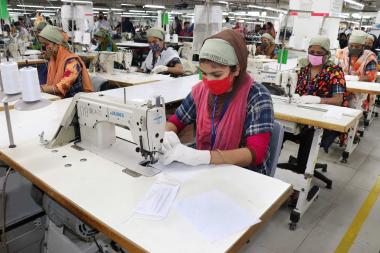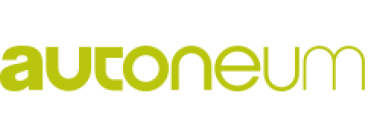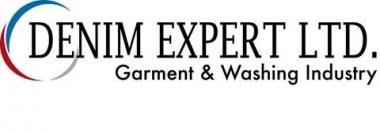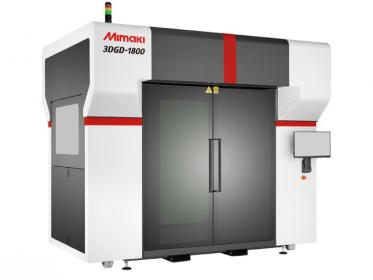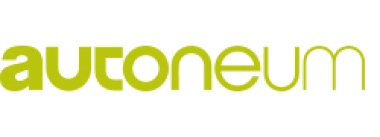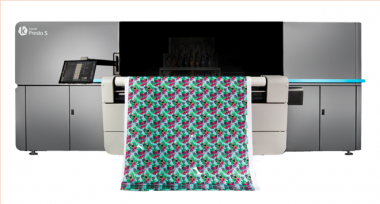Sateri’s Fujian Mill Complies with EU-BAT Standard
Rest of the Mills to Complete Assessments and Comply by 2023
Sateri’s mill in Fujian, China, has been verified to comply with the European Union Best Available Techniques (EU-BAT) standard. Verified by independent consultant Sustainable Textile Solutions (STS), a division of BluWin Limited (UK), the parameters of the standard assessed included resource utility efficiency, wastewater discharge and air emission.
In the assessment report, STS noted that all of Sateri Fujian’s mill parameters assessed were within the range of EU-BAT limits. Notably, its energy intensity, sulphur to air, and chemical oxygen demand (COD) were well under EU-BAT norms. With the use of cutting-edge technologies for air emissions control, the total sulphur recovery rate is over 98%. Sateri Fujian accounts for over 20% of Sateri’s annual total production capacity.
The compliance with EU-BAT standard comes on the back of several key manufacturing and product related industry certifications and standards which Sateri has attained. These include OEKO-TEX®’s MADE IN GREEN, STeP, and STANDARD 100. Sateri is one of the world’s first viscose producers to complete the Higg Facility Environmental Module (FEM) 3.0 assessment. Sateri is also part of the multi-stakeholder Zero Discharge of Hazardous Chemicals (ZDHC) manmade cellulose fibre working group, which is developing guidelines to reduce environmental emissions. As a founding member of the Collaboration for Sustainable Development of Viscose (CV), Sateri is supporting the development of CV’s 2025 Roadmap which considers industry best management practices and global certification standards.
Omnicom Public Relations Group


